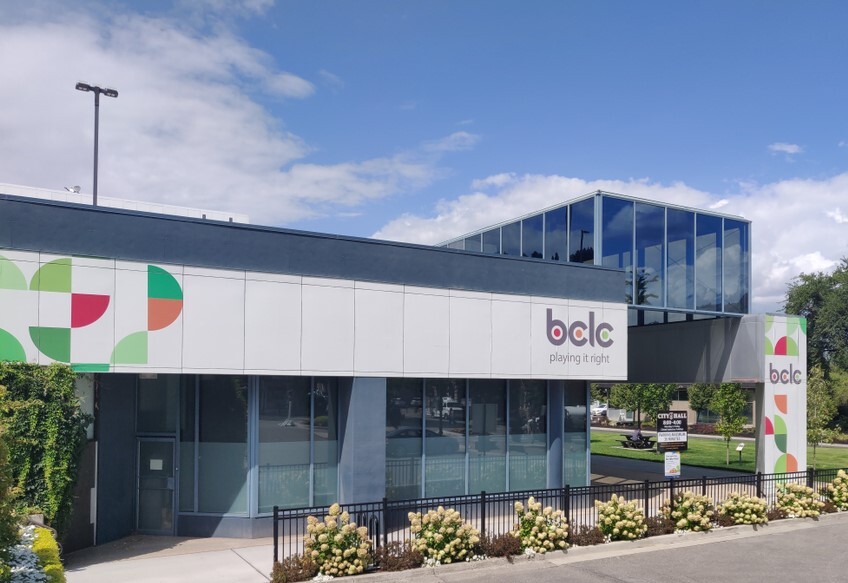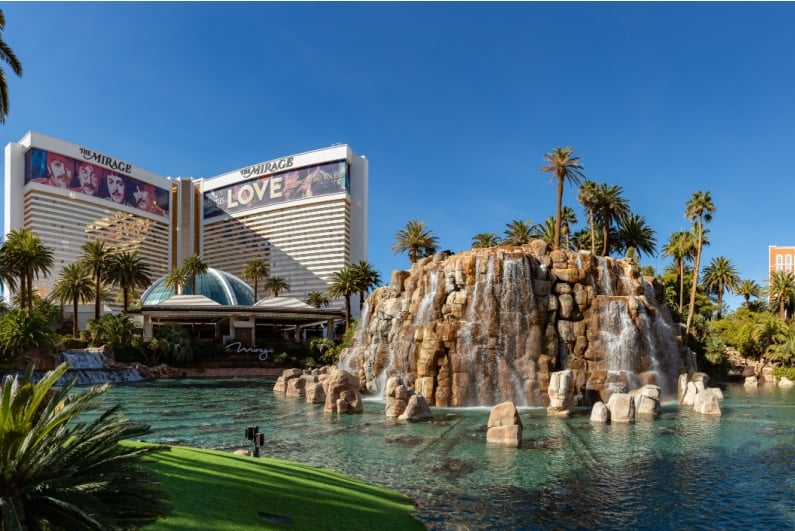Ministers in the spotlight
A Cullen Commission of Inquiry into Money Laundering in British Columbia (BC), Canada is currently investigating the BC Lottery Corporation (BCLC) and government ministers over allegations of money laundering at casinos in the province.
government prioritized gaming revenue over a crackdown on money laundering
As part of this inquiry, investigators have grilled former politicians for their inaction regarding the money laundering issue. The inquiry alleged that the government prioritized gaming revenue over a crackdown on money laundering, turning a blind eye to warnings of the illicit activity.
Speaking with the Cullen inquiry on Friday, former BC finance minister Mike de Jong described those allegations as “offensive”. He told investigators that the province made “serious attempts” to better understand the money laundering issue while he was responsible for BC’s gambling market from 2013 to 2017.
De Jong’s predecessor, Rich Coleman, has also since dismissed the inquiry’s claims. He told the Cullen Commission on Wednesday that he “never once” saw anyone deliberately turn a blind eye to money laundering warnings during his tenure in charge of the industry from 2001.
A widespread investigation
Authorities launched the Cullen Commission in 2019 in response to reports that illegal cash was fueling the gambling, luxury car, and real estate industries in BC. The commission launched its first public hearings to investigate the allegations in February 2020, with a final report due by December 15 this year.
BC Attorney General David Eby commissioned an independent report which found that regulators and operators were turning a blind eye to large cash transactions in the province. The commission found evidence of this at BC’s largest casino, the River Rock Casino, which allegedly failed to report suspicious transactions. The most notable of these saw one casino patron pay CA$1.8m (US$1.5m) in cash over a single week in December 2014.
The commission began questioning the BCLC in February this year, but its attention has since turned to government officials. As former ministers in charge of gaming regulation, Rich Coleman and Mike de Jong have faced scrutiny for their lack of action in combating the issue. This grew particularly worse for Coleman last year, when a police officer turned whistleblower said the ex-minister deliberately ignored the issue for the sake of gaming revenue.
Coleman fights his corner
Coleman had control over the BC gambling industry on and off between 2001 and 2013. During his near-five-hour testimony on Wednesday, he told the inquiry that he did not prioritize money laundering during his tenure because of the prevalence of other issues. Instead, he said officials were more concerned with loan sharks and theft.
It never happened”
That said, he added that the government did not intentionally ignore any warnings of money laundering once the issue began to grow. “There was never ever, that I saw, a point where somebody said, ‘Ignore a revenue stream for the benefit of the government,’” he commented. “It never happened.”
The ex-minister also defended his decision to disband an anti-illegal gaming unit in 2009. The government created the body in 2004 to target illegal casinos and black-market poker games. Coleman told the inquiry that the unit “wasn’t that successful”, leading to him distributing its $1m funding elsewhere.
The former minister conceded that money laundering did ultimately become an issue, but he left its handling to the BCLC.
Frustrating claims for de Jong
Meanwhile, during Friday’s hearing, de Jong made clear his opinion on the inquiry’s claims. “It has been very frustrating to, candidly, hear commentary that the government was disinterested in the subject – because fiscal considerations took precedence,” he told investigators. “That’s just not true.”
The former minister said the scale of the money laundering issue only became apparent to him in 2015 during a meeting with BCLC. He said the body spoke “fairly passionately” about the subject, and agreed on the need for intervention. The government subsequently launched the Joint Illegal Gaming Investigation Team to tackle money laundering.




